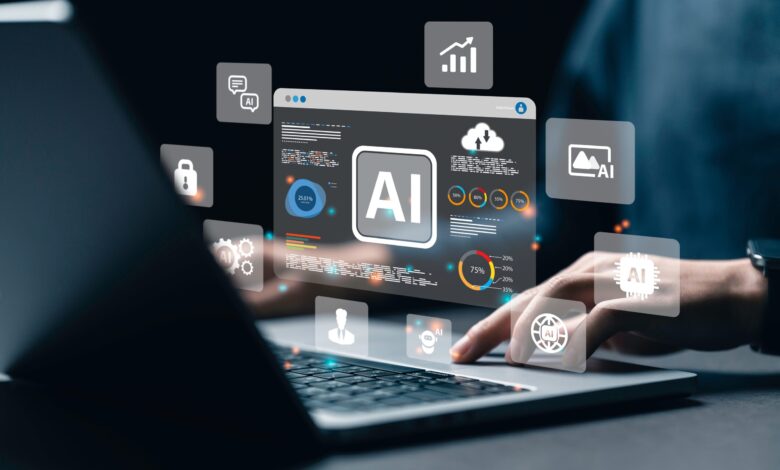How generative AI will disrupt distributor operations


How Gen AI will disrupt distributor operations
The technology is still evolving, but generative artificial intelligence (AI) will soon bring big disruptions and more efficiency to how distributors conduct business, say the authors of a new report from McKinsey & Co.
The biggest impact will be seen in customer operations, marketing and sales, software engineering, research and development — and digital commerce.
“The distribution sector stands to benefit from the gen AI revolution as much as any other,” says McKinsey partner Ingo Agthe.
Areas generative AI may impact for distributors
There are five areas of operation where generative AI solutions may enhance — or overhaul — distributor operations. Those include:
1. Sales and marketing
Generative AI can create personalized marketing emails based on customer attributes. Distributors can use an off-the-shelf marketing content generation tool. Tools can take data from a lead generation engine and generate a custom message based on the customer’s details.
2. Procurement
Distributors can use generative AI to automate the prescreening of supplier bid documentation. That step can result in a 90% reduction in review time and a two-month acceleration of the timeline from tender to project start. An AI model can provide structured summaries and actionable insights from supplier data. The result can be improved efficiency and decision-making in the bidding process, according to McKinsey.
3. Inventory management
Generative AI can accelerate the tariff code classification of products. A large language model (LLM) that can link product descriptions to tariff guidelines and helps assign Harmonized Tariff Schedule (HTS) codes for millions of SKUs, improving the accuracy and speed of the process.
4. Logistics
Distributors can use gen AI to reduce shipment lead times by managing shipping documents more efficiently. AI can proactively identify missing documentation and propose actions to address issues and avoid risks. For example, 95% of trade documentation in sea transport is not automated, leading to multiple interfaces and information exchanges between stakeholders. That can result in many opportunities for mistakes and inconsistencies. Ultimately, AI can cut the average lead time for producing documentation by 60%, improve shipment lead times and reduce the share of shipments held up due to missing documents.
5. Customer service
Companies will use gen AI functions to improve customer service offerings by increasing the accuracy of chatbot responses to customer search queries and generating frequently asked questions pages. In addition, it may assist customers who search for help using the company’s app and website.
Pace of generative AI adoption
“The adoption of gen AI is proceeding rapidly, and its application across the full distribution value chain is likely to become commonplace,” McKinsey says. “We expect that every role will use gen AI technologies to improve efficiency and boost output.”
Submit a nomination
Nominate a game-changer for the Global B2B eCommerce Industry Awards from Digital Commerce 360 and the B2B Ecommerce Association.
Sign up
Sign up for a complimentary subscription to Digital Commerce 360 B2B News, published 4x/week. It covers technology and business trends in the growing B2B ecommerce industry. Contact Mark Brohan, senior vice president of B2B and Market Research, at mark@digitalcommerce360.com. Follow him on Twitter @markbrohan. Follow us on LinkedIn, Twitter, Facebook and YouTube.



